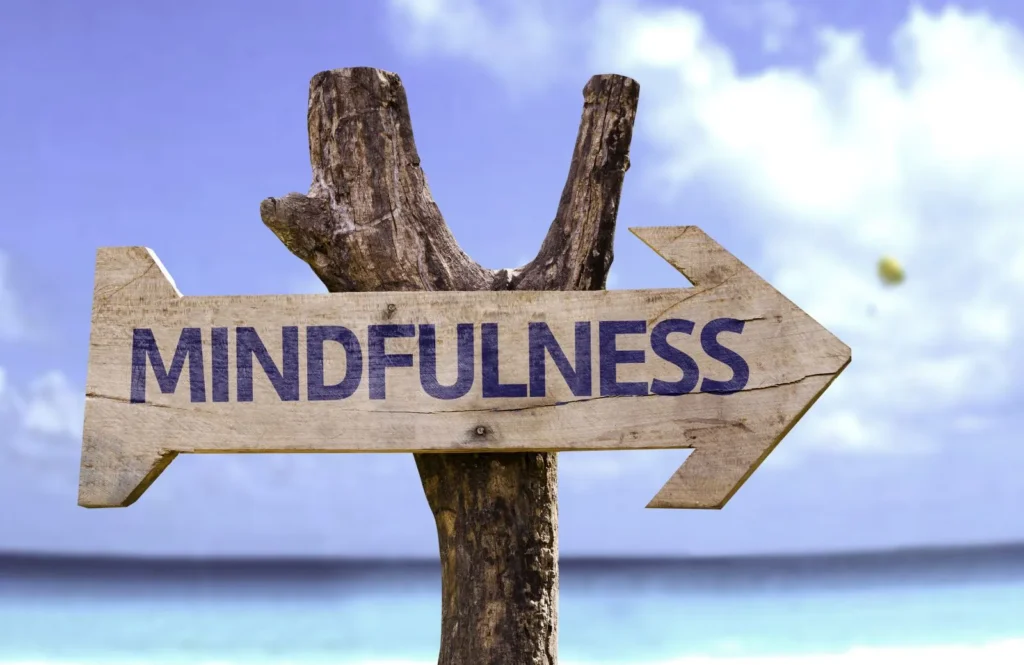Finding inner peace is an endeavor many strive for in the hustle and bustle of modern life. Inner peace is not a destination but a continuous journey. It involves understanding oneself deeply, practicing mindfulness, and nurturing the soul. Here’s a comprehensive guide on how to find inner peace and maintain it in your daily life.
Understanding Inner Peace

Inner peace is a state of mental and spiritual calmness, with enough knowledge and understanding to keep oneself strong in the face of discord or stress. It’s not just the absence of conflict, but a profound sense of harmony and contentment within oneself. This peace allows one to handle life’s challenges with a balanced mind.
Importance of Inner Peace
Why is inner peace so crucial? It’s essential for mental and physical well-being. Stress and anxiety can lead to numerous health problems, whereas a peaceful mind fosters resilience, creativity, and a positive outlook on life. Furthermore, inner peace enhances our relationships by allowing us to communicate and interact more effectively.
Practicing Mindfulness

Mindfulness is the practice of being present and fully engaging with the here and now. It’s a powerful tool for cultivating inner peace.
Steps to Practice Mindfulness
- Meditation: Start with short meditation sessions. Focus on your breath and gently bring your mind back when it wanders.
- Mindful Breathing: Pay attention to your breath throughout the day. Deep, slow breaths can calm your nervous system.
- Living in the Moment: Engage fully in whatever you are doing, whether it’s eating, walking, or even washing dishes. Notice the details and sensations.
Practicing mindfulness helps in reducing stress and anxiety, promoting a sense of peace and clarity.
Embracing Self-Compassion
Self-compassion involves treating yourself with kindness and understanding during times of failure or difficulty.
Cultivating Self-Compassion
- Positive Self-Talk: Replace negative thoughts with encouraging and supportive words.
- Accepting Imperfections: Understand that everyone makes mistakes. Accept your flaws as part of being human.
- Forgiveness: Forgive yourself for past mistakes and learn from them instead of dwelling on them.
By being gentle with yourself, you create an internal environment that nurtures inner peace.
Building Healthy Relationships
Our relationships significantly impact our inner peace. Toxic relationships can drain us, while healthy ones can uplift and support us.
Nurturing Positive Connections
- Set Boundaries: Clearly communicate your needs and limits to others.
- Seek Support: Surround yourself with positive, supportive people.
- Resolve Conflicts: Address issues calmly and respectfully to maintain harmony.
Fostering healthy relationships contributes to a sense of security and peace.
Creating a Balanced Lifestyle
A balanced lifestyle supports overall well-being and inner peace. This involves managing various aspects of life, such as work, leisure, health, and personal growth.
Tips for a Balanced Lifestyle
- Time Management: Prioritize tasks and set realistic goals to avoid feeling overwhelmed.
- Healthy Habits: Maintain a nutritious diet, exercise regularly, and get adequate sleep.
- Pursue Passions: Engage in activities that bring you joy and fulfillment.
Balancing different aspects of life helps in maintaining a steady and peaceful state of mind.
Conclusion
Finding inner peace is a journey that requires continuous effort and practice. By understanding its importance, practicing mindfulness, embracing self-compassion, building healthy relationships, and creating a balanced lifestyle, you can cultivate a deep sense of serenity. Remember, inner peace begins with you and your choices. Start your journey today and experience the profound impact it can have on your life.





